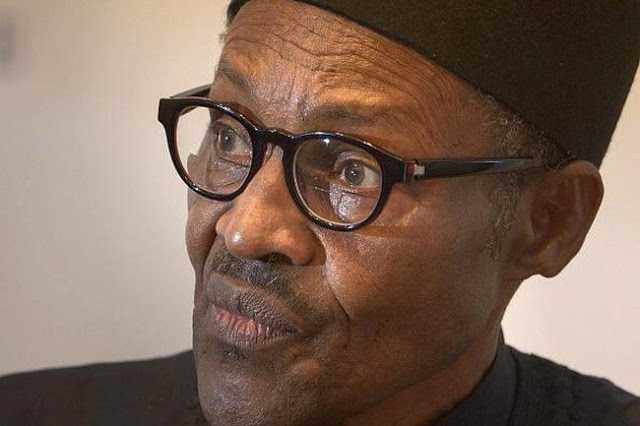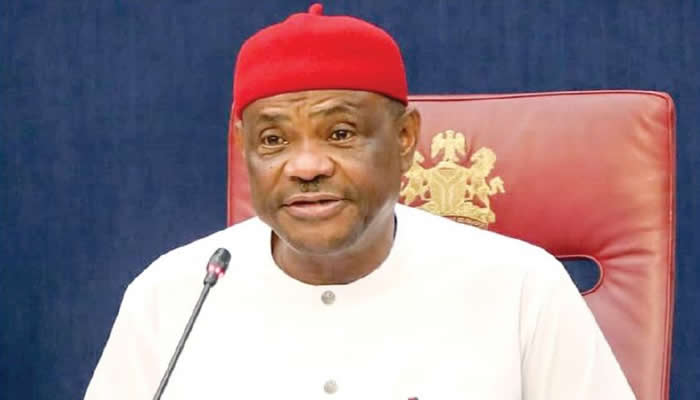
Nigeria Mourns as Former President Muhammadu Buhari Dies in London Clinic at 82

In a moment of national grief, Nigeria has lost one of its most prominent political figures and two-term civilian leader, Muhammadu Buhari, GCFR, who passed away this afternoon at a private clinic in London. The news, confirmed by sources close to the family and reported by The Cable Nigeria, has sent shockwaves across the nation and the global community, marking the end of an era for a man who defined multiple decades of Nigerian governance both in military and civilian capacities.
Buhari, aged 82, reportedly succumbed after a brief but undisclosed illness. He had been quietly receiving medical care in the United Kingdom over the past few weeks, though his condition was kept away from public attention. This afternoon’s announcement has since triggered an outpouring of condolences and tributes from across the world, as leaders, political allies, citizens, and critics alike reflect on the legacy of a man who steered Nigeria through complex chapters of its history.
President Bola Ahmed Tinubu, who succeeded Buhari in 2023, has ordered a national day of mourning, with flags to fly at half-mast for seven days in honor of the late leader. “President Muhammadu Buhari was a patriot whose love for Nigeria shaped every decision he made,” Tinubu said in a statement issued moments after the news broke. “His service to this country was marked by discipline, integrity, and an unwavering commitment to national unity. Nigeria has lost a statesman.”
Born on December 17, 1942, in Daura, Katsina State, Buhari was a career soldier who rose through the ranks to become a Major General in the Nigerian Army. In 1983, following widespread dissatisfaction with the civilian government, Buhari emerged as Nigeria’s military Head of State after a coup d'état that toppled the democratically elected administration of Shehu Shagari. His rule, though brief, was defined by a no-nonsense approach to governance, a war against indiscipline, and a reputation for zero tolerance for corruption.
After being overthrown in 1985 by General Ibrahim Babangida, Buhari retreated from public life for a while but remained a constant voice in Nigeria’s political landscape. His transformation from military ruler to democratic statesman began in the early 2000s, as he ran for president in 2003, 2007, and 2011, unsuccessfully. His persistence paid off in 2015 when he made history by becoming the first opposition candidate in Nigeria’s history to defeat a sitting president, Goodluck Jonathan, in a democratic election.
Buhari’s two-term presidency from 2015 to 2023 was a period marked by both acclaim and controversy. Supporters praised his anti-corruption drive, infrastructural projects, and efforts to revive the economy, while critics often pointed to issues of insecurity, economic hardship, and concerns over democratic freedoms. Nonetheless, his administration redefined the nature of governance in Nigeria, establishing a tone of austerity and accountability.
Internationally, Buhari was seen as a stabilizing force in West Africa. He played a key role in the fight against terrorism in the region and was instrumental in positioning Nigeria as a key player in African diplomacy. His leadership during the COVID-19 pandemic, while criticized by some, was also noted for avoiding chaos in a nation of over 200 million people amid global uncertainty.
Throughout his life, Buhari remained a deeply private and disciplined man. His public appearances were often formal and measured, and he rarely strayed from the principles that shaped his character—simplicity, loyalty, and order. Known for his spartan lifestyle and strict personal code, he never courted flamboyance despite his position and influence.
The circumstances surrounding his passing remain minimal in detail, though it is known that he had flown to London weeks ago for what aides described as “routine medical checks.” Over the years, Buhari's frequent trips to the UK for medical reasons had been a subject of national conversation, often sparking debates about the state of Nigeria’s healthcare system.
Tributes have begun pouring in from across the political and ideological spectrum. Former Vice President Atiku Abubakar expressed his sadness in a tweet, calling Buhari “a formidable presence in Nigerian history whose impact will not be forgotten.” Former President Goodluck Jonathan also sent his condolences, noting that “Buhari’s contributions to our national life, both in uniform and in civilian dress, are enduring.”
Meanwhile, social media is awash with emotional reactions from citizens across Nigeria’s six geopolitical zones, reflecting on the man who ruled with both an iron fist and a sense of mission. For many, Buhari represented an era of hope and change, a symbol of integrity in public service, while for others, his presidency left questions and criticisms that still linger in public discourse.
At his residence in Daura, where preparations have begun for his eventual burial in accordance with Islamic rites, community members and local leaders have described the loss as deeply personal. “He was our son, our pride,” said Alhaji Musa Inuwa, a local chief. “Whatever the world knew of him, we knew the man behind the name—calm, respectful, committed.”
The Nigerian Senate is expected to hold an emergency session to honor the late statesman, while international embassies have begun releasing formal statements of condolence. The United States, United Kingdom, African Union, and ECOWAS have all issued briefings recognizing Buhari’s diplomatic efforts and contributions to continental peace.
As dusk falls over Nigeria, a somber atmosphere hangs in the air. The man known simply as “Baba” to many Nigerians has taken his final bow on the world stage. His journey from a young soldier in the Nigerian Army to a towering political figure was marked by resilience, transformation, and an enduring belief in the strength and unity of his country.
Muhammadu Buhari leaves behind his wife, Aisha Buhari, and several children and grandchildren. His death marks the closing of a critical chapter in Nigeria’s story—one defined by struggle, power, discipline, and an indelible imprint on a nation he loved till the end.


